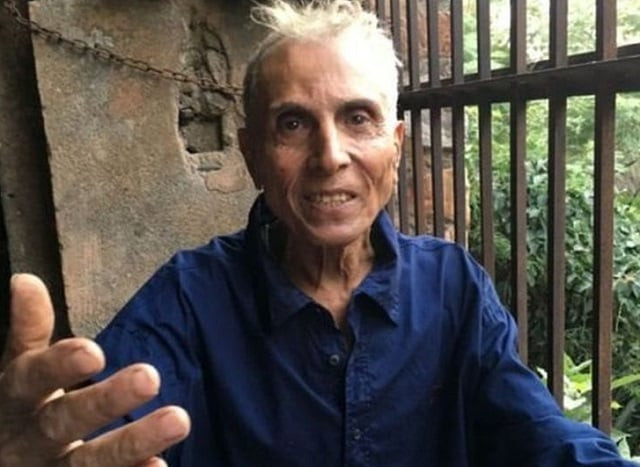Last Awadh prince: The fall of an Indian ruling dynasty
Forgotten prince was found dead on September 2 by a neighbour on the floor of a decrepit 14th-century lodge

Prince Ali Raza at his 14th-century palace in New Delhi. PHOTO COURTESY: BBC HINDI
Prince Ali Raza was found dead on September 2 by a neighbour on the floor of a decrepit 14th-century lodge he was living in since 1985.
'Malcha Mahal Palace' is a Tughlaq-era hunting lodge tucked deep inside a patch of forest overrun by moss and shabbiness in central New Delhi.
Vijay Yadav, a staff at Delhi Earth Station of the Indian Space Research Organisation (ISRO) situated next to the lodge, said that the 58-year-old prince died after a brief illness. Yadav and his colleagues informed the police about Raza’s death, The Hindustan Times reported.
“We had not heard from him for two-three days. So, we went inside without his permission for the first time. He had died by then,” Yadav said.
He shifted in Malcha Mahal with his mother Begum Wilayat Mahal, the descendant of the Nawab of Awadh, his sibling princess Sakina, 11 Labrador dogs, and a few servants in 1985.
The forgotten royal family was living in a waiting room of New Delhi Railway station for a decade before moving in the palace, constructed by Feroz Shah Tughlaq in the late 14th century.
The prince was buried on September 5 at Delhi Gate graveyard on Bahadur Shah Zafar Marg after no one turned up to claim the body, said the police.
From playboy to pauper, India's 'last prince' dies in a mud hut
“The family would mostly keep to themselves but welcomed few foreign guests who arrived in big cars. After the death of his sister and dogs a few years ago, the prince was living a secluded life. We would see him going out riding his bicycle in the evening to fetch food and other essentials. No one dared to go near him without his permission,” said Yadav.
Rajinder Kumar, a private security guard posted at the station, said he always behaved like royalty. “But, the prince was a changed man after he fell ill,” he said.
“He used to ask us to get grocery as he could not move due to his deteriorating health. Earlier, he would not talk. A couple of days before his death, Raza asked us to buy ice-cream and mangoes,” Kumar added.
The 14th-century ‘palace’ had an impressive structure and a feel of royalty despite the clutter and the old age. It however lacked basic amenities such as water and electricity, which the family enjoyed at the railway station’s waiting room.
Describing his daily life, Yadav said the prince used firewood for cooking food and an ice box to keep his drinks cool. He owned a radio-cum-tape recorder and had subscribed to an English newspaper and some magazines, he added.



















COMMENTS
Comments are moderated and generally will be posted if they are on-topic and not abusive.
For more information, please see our Comments FAQ